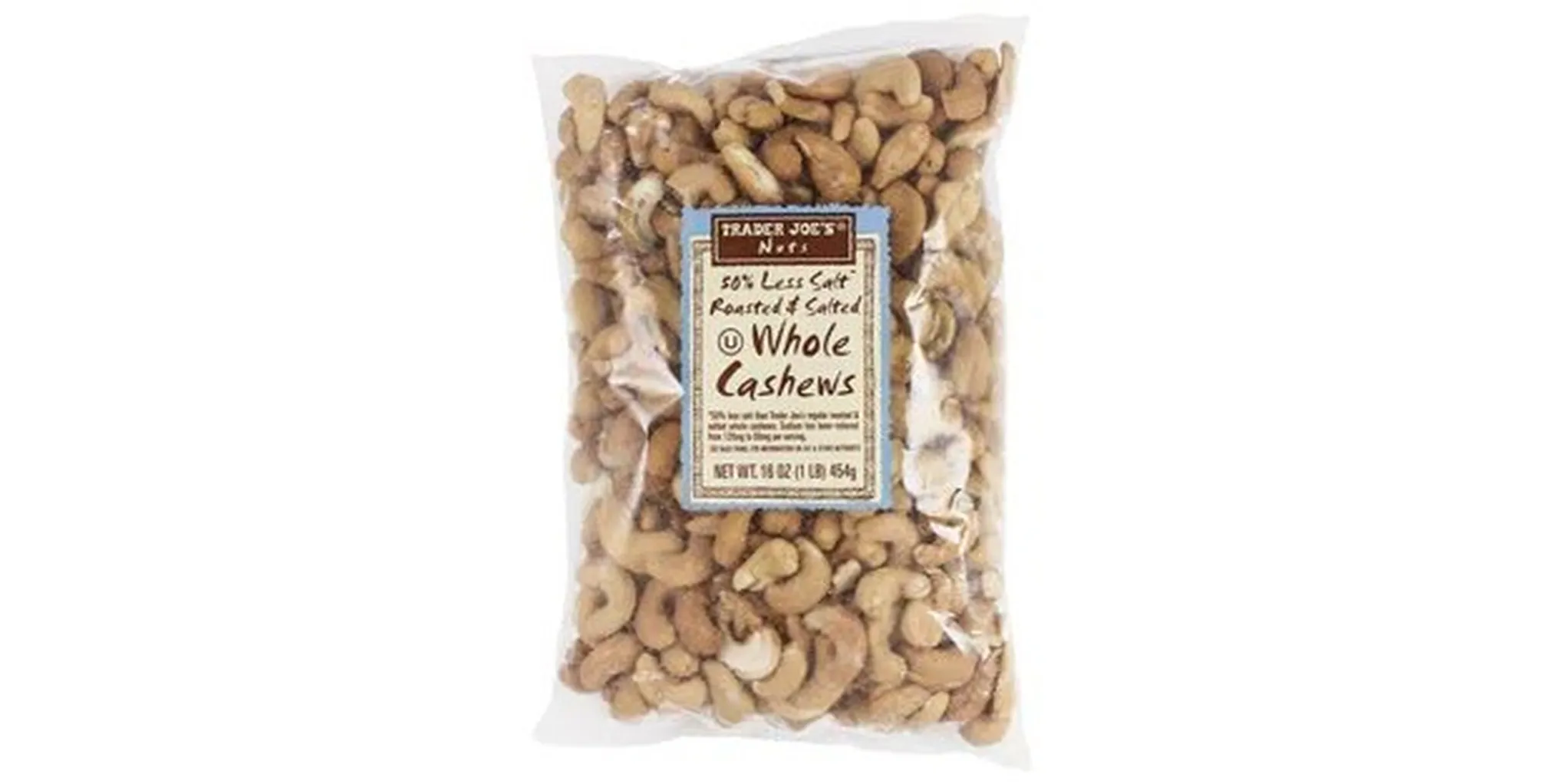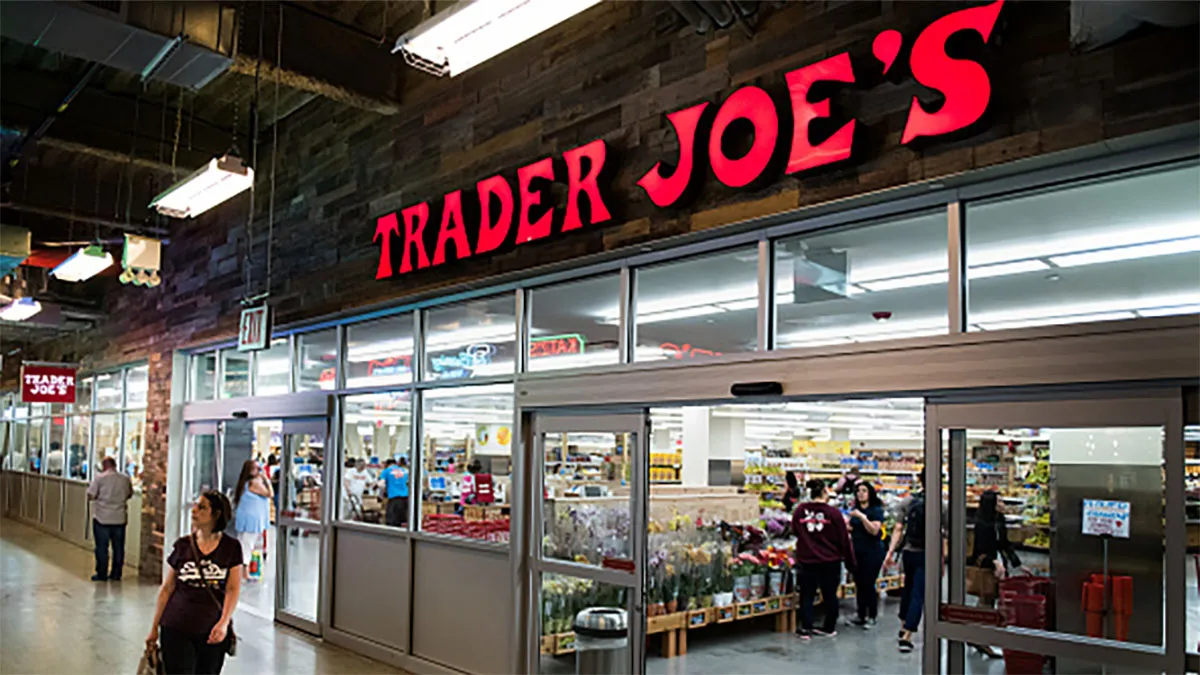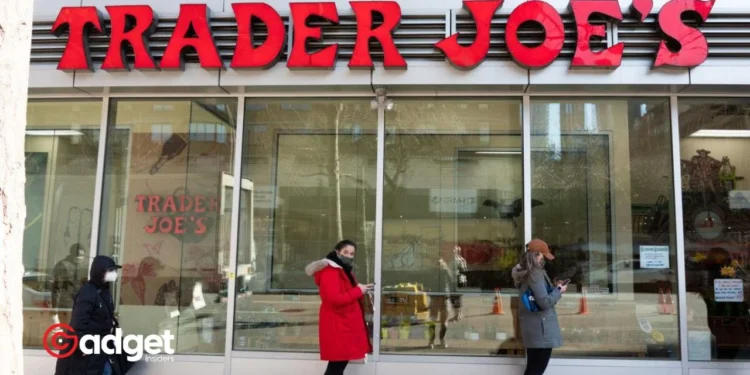In an unexpected turn of events, Trader Joes’, the beloved grocery chain known for its eclectic selection and health-conscious options, finds itself navigating through turbulent waters. Following closely on the heels of a previous product recall, the retailer is now issuing another alert, this time concerning its 50% Less Salt Roasted & Salted Whole Cashews.
This recall, prompted by the discovery of potential salmonella contamination, raises questions about food safety and the steps being taken by Trader Joes’ to ensure the well-being of its customers.
The Details of the Recall
The US Food and Drug Administration (FDA) announced on March 18, signaling a red flag for consumers nationwide. The FDA’s investigation revealed that at least one batch of the cashews tested positive for salmonella, a bacteria known for causing serious and sometimes fatal infections.
The affected products were distributed in 16 states, including Arizona, California, Kansas, Nevada, Tennessee, and Texas, through a supply chain that traces back to Wenders LLC of Dublin, CA.
The FDA has issued a strong recommendation for consumers to abstain from consuming the product and to return any purchased packages to Trader Joes’ for a full refund.
Notably, this recall comes just weeks after the company retracted nearly 62,000 pounds of its Steamed Chicken Soup Dumplings due to contamination with foreign materials.
Trader Joes’ Response
To shed light on the situation, TheStreet reached out to the FDA and the Food Safety and Inspection Service (FSIS) for comments. While the FDA did not respond in time for publication, the FSIS suggested directing inquiries to Trader Joes’ for the most accurate information.

“At Trader Joes’, nothing is more important than the health and safety of our customers and crew members,”
the statement began. It outlined the rigorous daily measures taken to meet strict food safety standards, highlighting the proactive and precautionary approach to product quality and safety.
The retailer also underscored the importance of transparent and swift communication with its customers in the event of a recall. According to the statement, Trader Joes’ goes above and beyond regulatory requirements by using multiple channels, including in-store signage, its website, and email alerts, to disseminate recall-related information.
Trader Joe’s is recalling its second food product this month — make sure you don’t eat it https://t.co/Lv4Od1oHe5
— The News & Observer (@newsobserver) March 22, 2024
Looking Forward
With over five decades of experience in direct partnerships with producers, Trader Joes’ stands firm in its proactive safety practices and continual improvement efforts.

“We take these matters seriously—personally, even, as our families eat and drink TJ’s products, too,”
the statement concluded, reflecting a personal stake in the matter.
This recent series of recalls serves as a reminder of the complexities and challenges inherent in food distribution and safety.
For Trader Joes’, a brand synonymous with quality and trust, the path forward involves not just addressing the immediate concerns but also reinforcing the robustness of its safety protocols to prevent future occurrences.
As customers and industry watchers alike await further developments, the commitment of Trader Joes’ to health, safety, and transparency remains clear.










